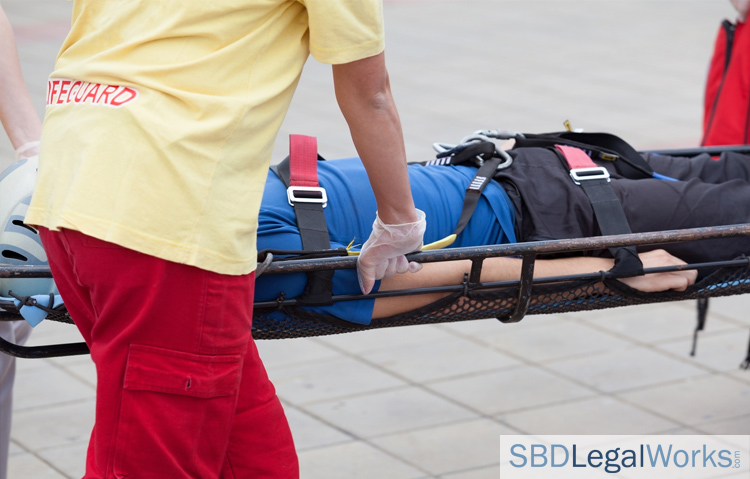
In January 2018, there was an altercation between 2 men outside Parkside Gardens Apartments in South Florida. The dispute ended with shots being fired and one of the men dead. There were also unintended casualties and one of them was Teresa Vereen, a resident of the apartment complex. A stray bullet hit Vereen in the hip. Her attorney has filed suit against the landlord, Community Housing Partners (CHP), alleging negligent security that has caused Vereen pain and suffering.
Negligent security is a branch of premises liability. In premises liability, a person might sue a business owner for a slip and fall that happened on their property. Negligent security is similar—the basis of the lawsuit still revolves around something occurring on the property of another person. It is typically a criminal act and it must be proved that the owner was negligent in the security provided.
Common examples are a mugging by an ATM machine or an assault near a shopping mall. In this case, it’s about the security provided to the residents of Parkside Gardens. Jason Turchin, the attorney for Vereen, notes that records show over a thousand police responses to the complex in 2019 alone. He will make the argument that Community Housing Partners is failing to provide its residents with a safe place to live.
It’s important to note that simply the act of violence or the existence of a crime-infested neighborhood will not be enough to establish negligent security. Here are some of the factors the jury will have to consider.
Overall neighborhood conditions
Turchin alleges that CHP is not doing enough to reduce crime in the area. He will have to examine whether crime reports at Parkside Gardens are appreciably worse than the neighborhood at large.
Is this something the landlord can control?
Landlords do not have carte blanche to pick their tenants. People have the right to access housing. In this regard, the types of background checks the residents are subjected to will come under scrutiny. Is there anything more CHP could do to weed out potential criminals before they take up residence? Is eviction possible when clear warning signs come up? A jury will have to decide.
What level of security is provided?
Is there good lighting throughout the complex? Are the locks in good shape? Are complaints responded to promptly? All are factors in determining if the landlord took all reasonable steps to keep their complex safe.
Was a security company brought in?
In this particular case, we know the answer is yes. Police authorities have confirmed that CHP paid for security and foot patrols. What we don’t know is what kind of recommendations the security company may have made to enhance safety and whether those recommendations were implemented.
What kind of promises were made?
When tenants signed their lease agreements, were they attracted by promises of a “completely safe place to live” or something to that effect? Was 24/7 security promised and not delivered? Landlords that overpromise to get tenants find it comes back to haunt them in cases like these.